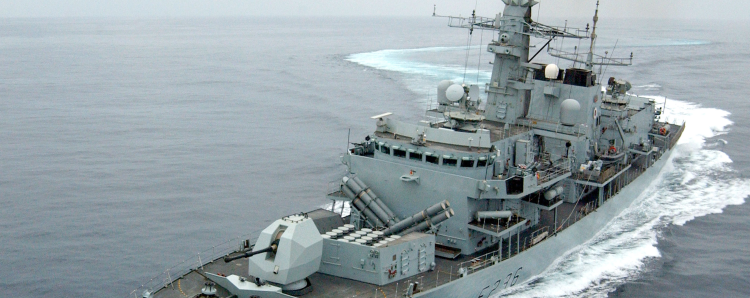I went to the Tank Museum yesterday and took some pictures.
It was interesting to visit the the week following the fall of Kabul; it makes at least one of the exhibits look a bit vainglorious. It also reminds me that I didn’t finish my story of the future of the Royal Armoured Corps from Boris’ defence review. It all makes me wonder about whether NATO can survive, and yet again, whether in areas of defence policy we see another dimension of the stupidity of Brexit.
There’s more to learn; on one slide they observe how the Army is always preparing for the last war. Reinforcing that I note that Tanks were invented during WWI in a Navy project, that like so many stories, the adoption in this case of the Tank was adopted by odd balls and that their was significant opposition bypowerul conservative (not Tory) factions in the Army, to the extent that during WW2 the Army fired Major General Hobart, and had to bring him back. Hobart, was not born into a military family and was assigned to the Royal Engineers; he became the Deputy Director of Staff Duties (Armoured Fighting Vehicles), he later became Director of Military Training and was the founder of the 7th Armoured Division, the Desert Rats. There are many more examples of the slow adoption by the Army of the necessary tactics and technology, perhaps I’ll look them up and write something, if its not been done (I am sure it has).

As one walks in, the first exhibit talks about the design trilemma, of armour, firepower and mobility, a theme they revisit in commenting on a number of exhibits but if one recognises that the best tanks of the WWII were the US designed Sherman and Soviet T34, it becomes clear that cost, and manufacturing simplicity were also key. While tank on tank the allied tanks were inferior to their opponents, the allied forces had more than enough because they were simpler to make by design and the allied manufacturing capability was so much greater. …




